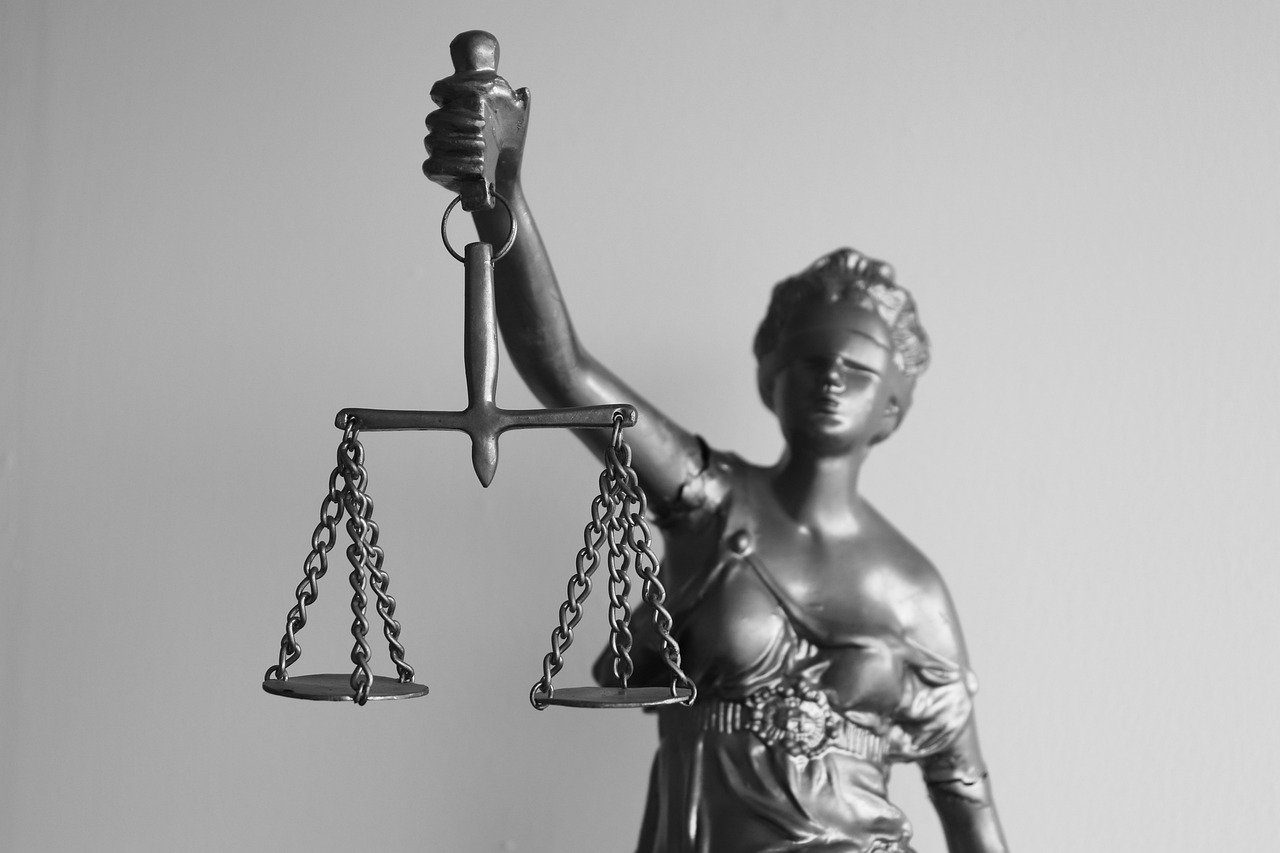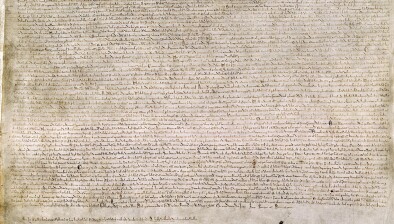England: Majority verdicts introduced to dilute power of ethnic and working class jurors

Majority verdicts were introduced in part to dilute the influence of ethnic minority and working class jurors, according to new research.
Undertaken by miscarriage of justice charity Appeal, the study found that the rationale for the introduction of majority verdicts in 1967, as opposed to unanimous ones, was to inhibit corruption in juries.
But Appeal found that there was little evidence for corruption, or “nobbling”, but that “an increase in eligible jurors from different racial and class backgrounds led to a perceived decline in the ‘calibre’ of jurors – reflective of wider public anxieties about Commonwealth immigration, Black Power and white disenfranchisement”.
In 1963, the Home Office established the departmental committee on jury service when juror eligibility was dependent on householder status. National property revaluations meant people from more diverse backgrounds qualified as jurors.
“Written evidence to the committee was submitted from many civil society organisations, trade unions, legal membership bodies, government departments and individuals, many of whom were concerned that an expanded juror pool, which included the ‘labouring classes’, immigrants and ‘coloureds’, would taint the ‘calibre’ of decision-making and educational aptitude necessary for jury duty,” the authors state.
Nisha Waller, of Appeal, who co-authored the report with Naima Sakande, said: “The references to women, racialised minority people and the working class as less capable of performing jury service are not prejudicial comments of the past – they are a relic in today’s jury system.
“While juries are hailed as the fairest component of the legal system, restrictions on doing research with real juries in real cases prevents a definitive assessment of their fairness.
“Our commitment to the good value of juries does not exempt them from rigorous scrutiny. The potential silencing of certain jurors’ voices through majority convictions should be a concern for us all. Unless we are saying that dissenting jurors are always unreasonable, their votes inherently represent reasonable doubt.”








